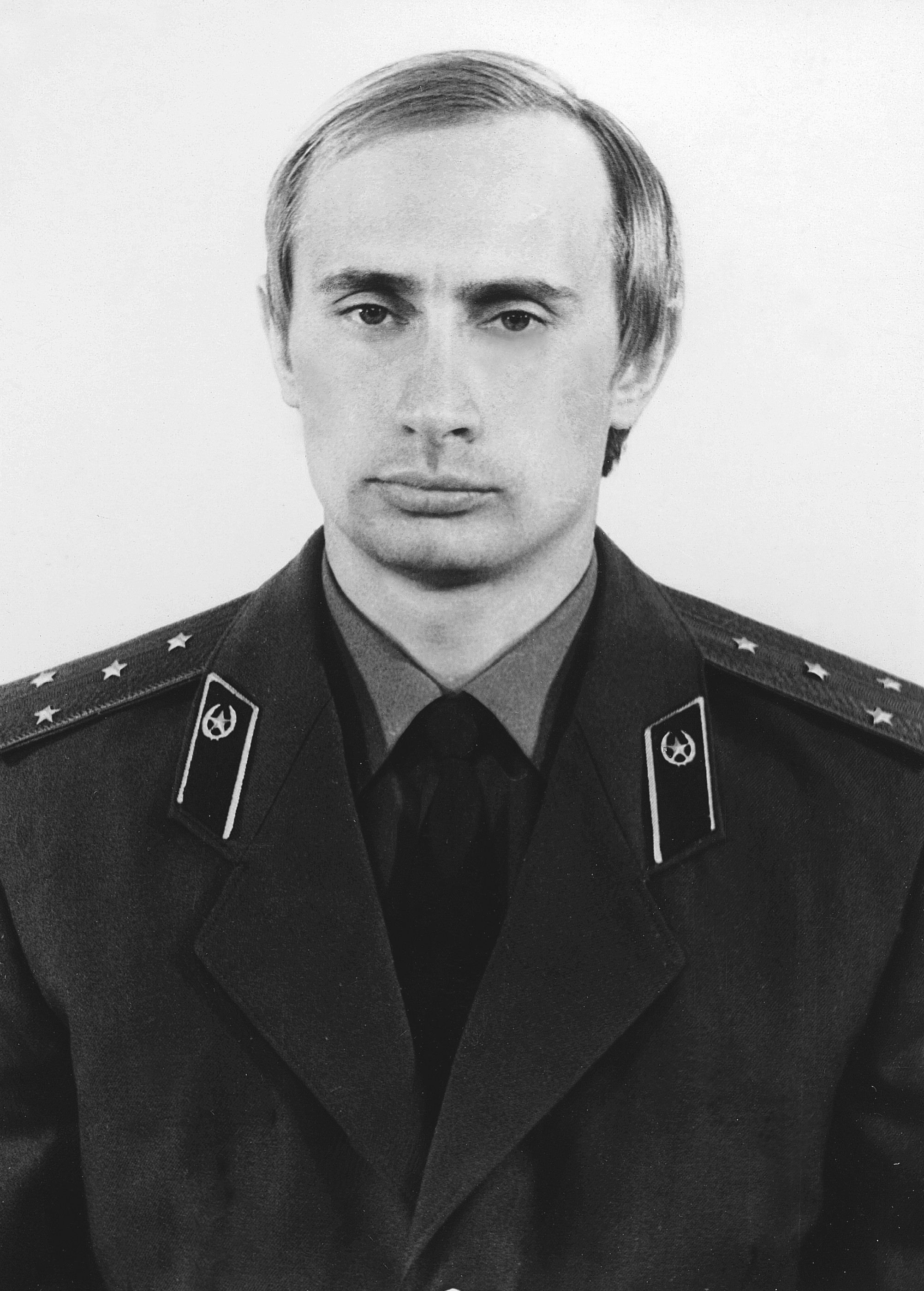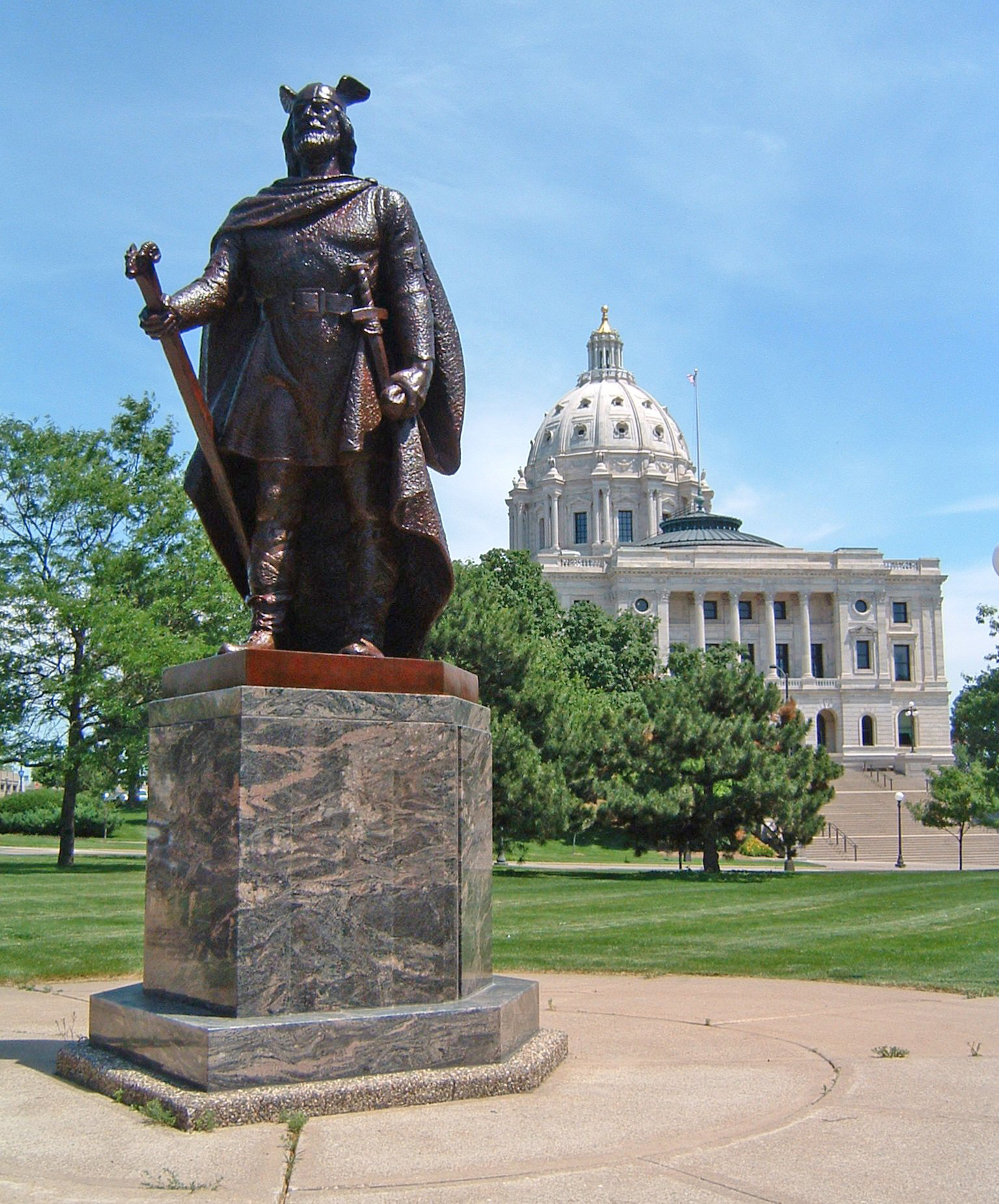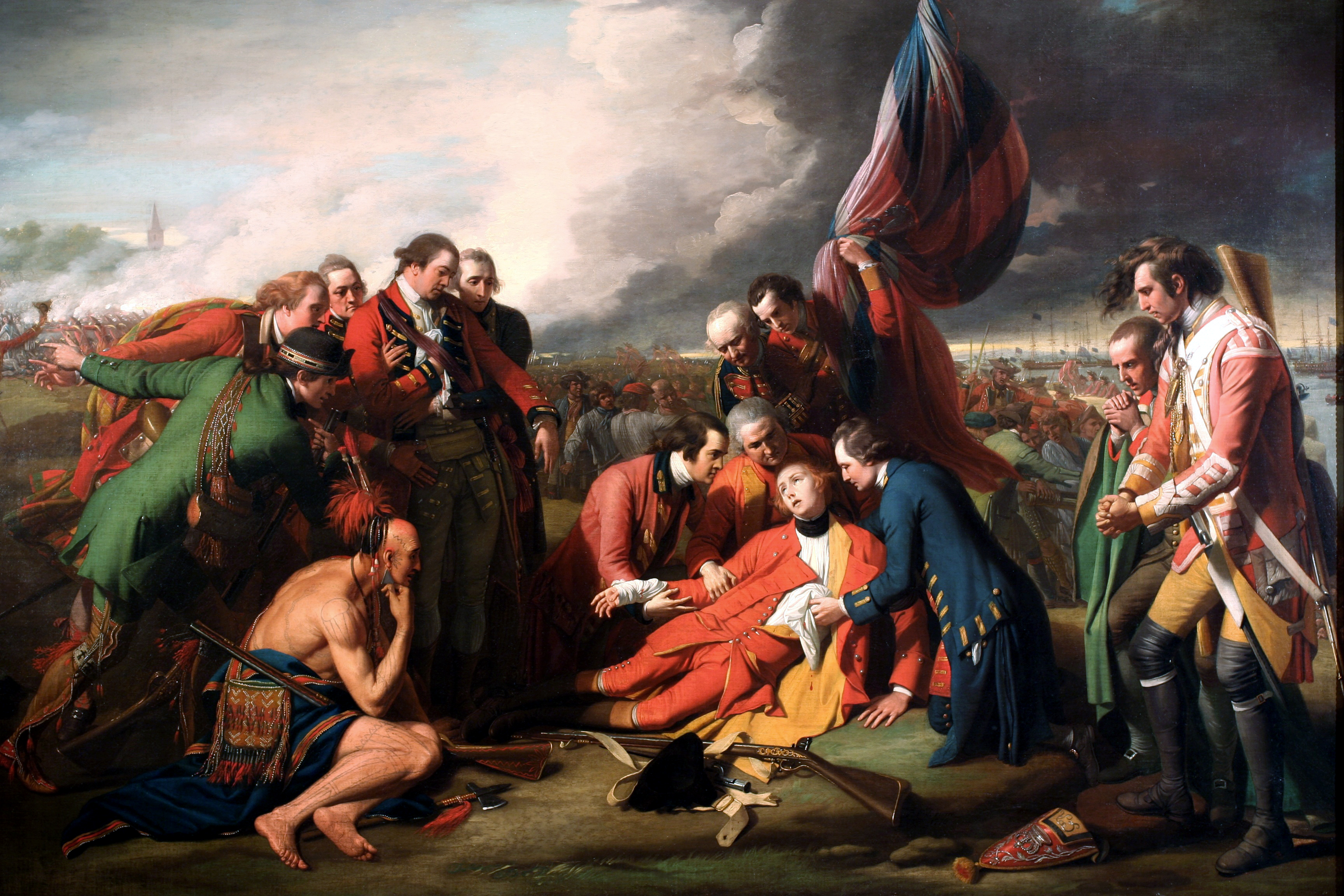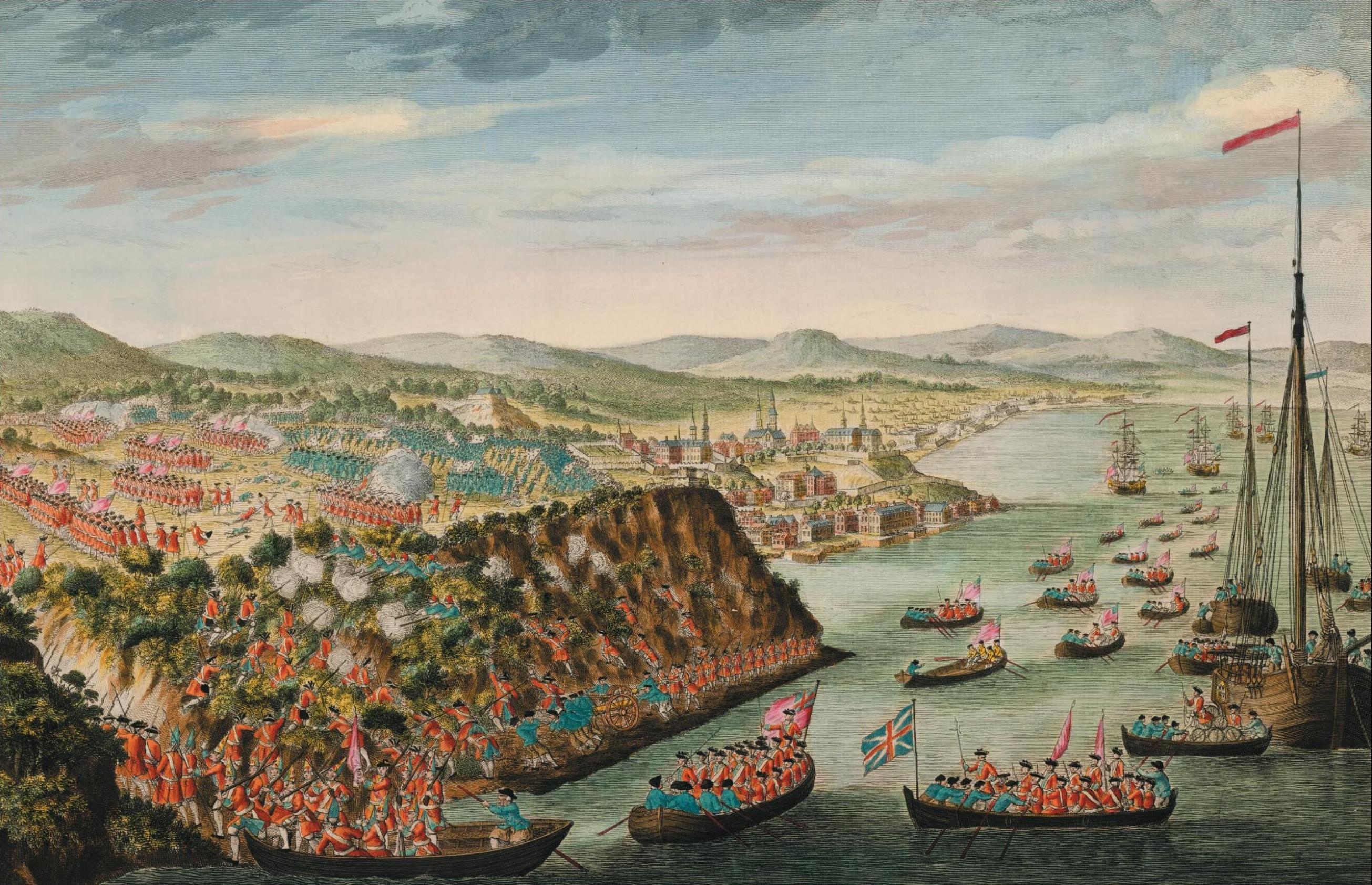 |
I don't know if I should even put a caption on these.
They kind of speak for themselves. |
Having just read "The Man Without a Face: The Unlikely Rise of Vladamir Putin" I have come to a number of conclusions. One, that Putin is a terrifying man that has caused the deaths of a great number of people. Two, that I do not wish to live in Russia. In all fairness I knew the later before I began to read the book.
The purpose of this entry is to go over a few of the most ridiculous happenings since or just prior to Putin coming to office. Perhaps I shouldn't have used the title conspiracy theories when writing about it because the word "conspiracy" has the negative connotations associated with it that are often placed with lunatic "9/11 was secretly aliens" types that earn the word its standing. These are more Russian coverups that are shockingly poorly covered up. It's like when I throw a blanket over my dog - he thinks he's hiding, but we all know he's right there. Then we kind of laugh when he bumps into things. It's not a perfect metaphor.
Apartment Bombings:
 |
This is him in his KGB days.
Oh, did I mention he was
in the KGB? |
Just before Putin was elected into office, a number of attacks on Russian citizens occurred through the use of explosives in apartment buildings. Having seen this a few times already, the Russian population began to be a little more weary of scary types carting around explosives - at least more than one should reasonably expect in Russia. One night, a bus driver for a local soccer team in the town of Ryazan saw three men carrying large sacks labeled as sugar into the basement of his building. Four buildings had already been destroyed, and fearing the worst, the man called the local police who came to investigate (they arrived fourty five minutes later, but they showed up, so good for them.) Surprise surprise, the sacks were actually full of explosives with wires and a clock that could be seen through the slits of the top of the bag. The apartment was then evacuated and the bomb squad was called.
People were forced from their houses in the early hours of the morning and left out in the unforgiving elements of Russia while the bomb squad determined the explosives to be hexogen, powerful explosive popular in WWII times. The bomb was then dismantled, and the search for the men that had placed the bombs began (the man who called the police had a decent description) and the people went back to their homes, presumedly cursing "just another day in Russia". Oh, and meanwhile, a number of the apartment buildings were robbed. So that's not so great.
 |
| A president. This is an actual photo of a president. |
Here's where things get a little messy. The media was originally painting the people of Chechnya to be the terrorists, as Russia has had an ongoing beef with them. However, the men that planted the explosives were members of the FSB (think FBI, but not really, but close enough). To dismiss the idea that it was an inside job, the Russian government released a statement claiming that it was all just a practice run, and that the "sugar" really was just sugar after all. The tests that said it was hexogen? That was all just because of faulty equipment that skewed the results from already using it on explosives before. Throwing all the civilians out into the night? That's all just part of procedure. The policemen of Ryazan at first confirming that there were definitely explosives? Well, they later recanted their statements.
To top it off, there was a news show that did a story on the bombings while remaining as pro-government as possible (this is
definitely in their best interest.) They invited the people of the would-be bombed apartment to join in the crowd. All of them were quite vocal on how it was certainly not a training exercise, save for one man who spoke to the contrary. That's when the whole of the crowd shouted down the man, saying he wasn't living in the apartment and they had never seen him before in their lives. Seriously, as far as cover ups go... 6/10.
Now you must be wondering why the government would ever want to do this to their own people. The answer lies in the fact that they wanted a reason to storm Chechnya that would be acceptable to the rest of the world and promoted in their own country. In addition to that, for Putin to be elected, the country of Russia needed to look like they needed a strong hand. In that case, Putin was surely the man for the job, and he would be elected to take care of business.
Moscow Theatre Hostage Crisis
This one is half conspiracy theory and half massive failure on behalf of Russian planning. Some four hundred or so people were taken hostage in a theatre in Moscow by a number of Chechnyan terrorists. Their demands were pretty straightforward - have Putin officially declare peace with Chechnya. The Russian response was bombing the whole place with gas, knocking out the terrorists, and killing them while unconscious.
 |
| Now he's in a race car... |
Here's where it gets messy (as if that wasn't messy enough.) The hostages had been dehydrated and hungry for quite some time already, and getting gassed takes a toll on the body regardless, so mixed with their current state it basically amplified how hard they were going to get hit. Basically what that means is puking. Lots of puking. Now, if your buddies are having a terrible night of drinking and pass out on the bathroom floor, how are you
not supposed to put them? Flat on their back. The reason for this is if they puke, they're going to choke to death on their own vomit. Sadly, in a horrific and unnecessary loss of human life, 129 people died in this manner by the assault force not knowing exactly what to do with the sick as they transported them to hospitals. 129 dead, chocking on their own vomit while unconscious because the military men stepping in were unaware of how to properly care for them. The way this was shown on the news was as a tremendous victory. Pictures of the slaughtered terrorists were thrown up on the television as if no innocent had died that day.
Now where things get interesting is the gas doesn't knock you out immediately. It takes a good five or so minutes before everyone falls unconscious. One would think that if this were the case the terrorists would have
obviously known they were about to be stormed and detonated their explosives. However, no explosions went off, and they eventually passed out and later killed. As it turns out, the terrorists didn't actually have any real explosives - it was all just fake dynamite vests. That means that all those that died that day had died for absolutely nothing. This information had come from, oddly enough, one of the terrorists himself. Terkibaev, one of the men in the theatre, had managed to escape just before the gas hit. In an interview, he claimed he was working for Moscow - then sometime later he was killed in a car wreck. It's difficult to assess if he's telling the truth or not, but it doesn't change the manner in which they approached the situation. It was a colossal failure and presented as a hardline stance against terrorism where the Russian government stands unshaken.
Assassinations:
 |
...but that wasn't enough, so he hopped in a fighter jet!
I know these pictures aren't really related, but they're
so gosh darn awesome I have to put them in here. |
There were some that investigated the Theatre Crisis. Sergei Yushenkov, who passed along information to Anna Politkovskaya about Terkibaev, was assassinated. Politkovskaya was later poisoned. Alexander Litvinenko, a third person who originally informed Yushenkov about the whole ordeal, was also poisoned, but in a way that so clearly shows high level government involvement it's practically broadcasting it on television.
Polonium-210 was found in the body of Litvinenko, a former FSB agent who had also accused the FSB of ordering the death of Boris Berezovsky, one of the richest men in Russia when he was alive - there really are a lot of murders, and it's hard to keep up with all the names. Anyways, Polonium-210 is manufactured only in Russia. It's export is very carefully controlled by the federal nuclear authorities and only top level intervention from the government would allow for it to be taken - and by top level I mean the office of the President. So... this outspoken opponent of Putin whose associates had been murdered or poisoned died from a chemical only allowed to be administered by Vladamir himself...
I mean come on.
Famous Historical Figures Say the Darndest Things!
- "I think the time has come to say a few words to the man responsible for my current condition. You may be able to force me to stay quiet, but this silence will come at a price to you. You may be able to force me to stay quiet, but this silence will come at a price to you. You have now proved that you are exactly the ruthless barbarian your harshest critics made you out to be. You have demonstrated that you have no respect for human life, liberty, or other values of civilization. You have shown that you do not deserve to hold your post, and you do not deserve the trust of civilized people. You may be able to shut one man up, but the noise of protest all over the world will reverberate in your ears, Mr. Putin, to the end of your life. May God forgive you for what you have done, not only to me but to my beloved Russia and her people." The poisoned Litvinenko's parting words.
- "If you are ready to become a radical adherent to Islam and you are ready to be circumcised, I invite you to come to Moscow. We are a country of many faiths. We have specialists in this. I will recommend that the operation be performed in such a way that nothing will ever grow there again." Putin's response to a reporter questioning him. He doesn't really hold back.
- "We will hunt them down. Wherever we find them, we will destroy them. Even if we find them in the toilet. We will rub them out in the outhouse." This is Putin's hardline stance against terrorists. Personally I believe the last line to be kind of funny out of context, but that's mostly because I'm a child.











